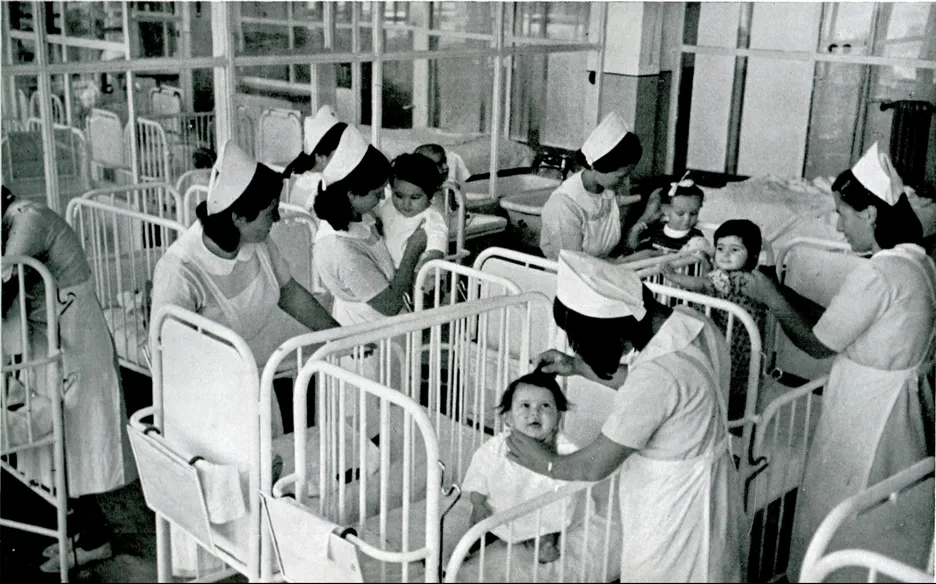Prescribed Modernity. Health, Hygiene and Architecture in Early Republican Turkey, 1923-1950

During the nation-building years of the Turkish Republic, protecting and improving the health of the citizens became a subject of debate among politicians, public health experts, and the intelligentsia. An inevitable result of decades of wars, epidemics, and poverty; the alarming population decline led to a national battle against diseases and child mortality. The ruling elites associated physical wellbeing and robustness with morality and patriotism, which led to a strong emphasis on preventive approaches in public health. Meanwhile, the fear of germs had started to rationalize the built environment, attributing new responsibilities to architecture. Sanitary equipment, anti-dust materials, natural lighting, airy interiors, and proper ventilation gained prominence in the debates on everyday environments such as schools and dwellings. Childcare facilities and medical institutions such as sanatoria and preventoria were established as spatial manifestations of preoccupations with hygiene and disease prevention. Ultimately the state, medical authorities, architects, and women acted as advocates and inspectors of hygiene in the process of building “the new man” and his healthy living environment.
This research seeks to explore the collaboration between architecture, medical knowledge and national ideology in Turkey during the single-party era. Bringing together the representations of sterile environments, healthy bodies, and the discussions on modern domestic spaces in medical advice publications, architecture journals, household management literature and popular press, the dissertation points to a moment when architecture was utilized as a common ground for communicating the contemporary hygiene discourse which had arisen from the popularization of the germ theory of disease.
Cansu Degirmencioglu MSc Istanbul Technical University, Turkey
since 2019
Dissertation Fellowship from DAAD (2020-2023)